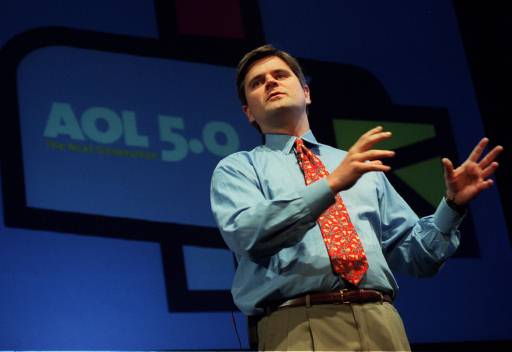In Zeran v. America Online, Inc., 129 F.3d 327 (4th Cir. 1997), the Fourth Circuit Court of Appeals reasoned that Section 230 of the federal Communications Decency Act of 1996 provides broad immunity to Internet service providers (ISPs) from online libel suits. The appeals court determined that the plain language of the statute mandated such a result as the law furthered Congress’s purpose in protecting free speech on the Internet.
Zeran sued AOL after his name was attached to an inappropriate advertisment
The case began when an unknown individual posted on an America Online (AOL) bulletin board an advertisement for “Naughty Oklahoma T-Shirts,” which contained tasteless, offensive slogans related to the April 19, 1995, bombing of the Alfred P. Murrah Federal Building in Oklahoma City. The message instructed people to call “Ken” in Seattle, Washington, and included the telephone number of Seattle retailer Kenneth Zeran.
Zeran, who was not involved with the T-shirts, began receiving a deluge of harassing phone calls, including death threats. He requested that AOL remove the message and issue a retraction. AOL eventually removed the offending message but did not issue a retraction. Zeran then sued AOL in federal court.
Congress had said ISPs aren’t legally responsible for defamatory postings
A federal district court dismissed the suit, relying on Section 230, which provides in its pertinent part: “No provider or user of an interactive computer service shall be treated as the publisher or speaker of any information provided by another information content provider.” The provision means that ISPs like AOL are not legally responsible for the defamatory postings of third parties. Congress reasoned that imposing such potential liability would chill free speech on the Internet.
Ciruit court said Zeran could not sue AOL
On appeal, the Fourth Circuit affirmed the district court ruling based on a similar understanding of Section 230 and congressional intent; the court found that Congress recognized the competing concerns and chose to provide broad immunity to ISPs to ensure the free flow of speech online. The appeals court also rejected Zeran’s argument that AOL should be treated more as a distributor (like a traditional bookstore) than as a publisher. “In this case, AOL is legally considered to be a publisher,” the Fourth Circuit wrote. “The simple fact of notice surely cannot transform one from an original publisher to a distributor in the eyes of the law.”
Zeran petitioned for a writ of certiorari to the U.S. Supreme Court, which declined review on June 22, 1998.
Many other federal courts have followed Zeran’s interpretation of Section 230 to dismiss online libel suits. Examples include Batzel v. Smith (9th Cir. 2003), Green v. America Online (3d Cir., 2003), and Blumenthal v. Drudge (D.D.C. 1998).

